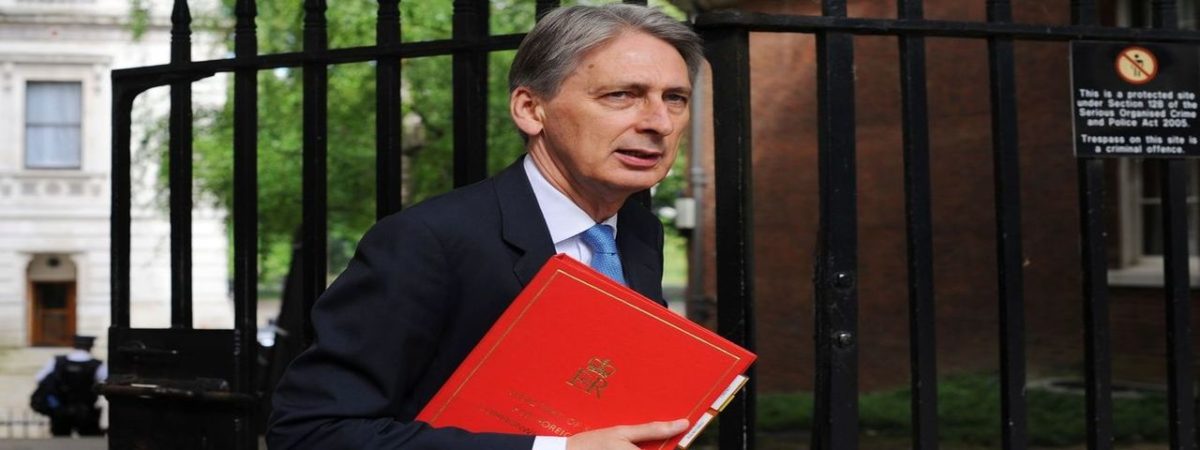UK should attach conditions to any ‘divorce bill’
SUGGESTED


IEA & John Mills publish report on the pros and cons of devaluing the pound

IEA Brexit Unit releases briefing on Brexit divorce bill
- The Brexit ‘divorce bill’ is supposed to settle existing obligations, rather than cover the cost of any future agreements. Some therefore argue that it is simply a matter of honouring past debts and the UK should just pay up.
- The problem with this approach is that there is no legal certainty over what it owed.
- Even ignoring the argument that the UK can walk away under the terms of Article 50, the amounts depend on a wide range of assumptions – almost all of which are open to debate.
- This means that the divorce bill is something that needs to be negotiated. It is therefore right to ask what the UK might be getting in return for paying more than it has already offered – and attach conditions.
- The Prime Minister has effectively offered to cover any shortfall until the end of the current EU budget period in 2020. It is likely that the UK will need to pay something extra for the pensions of EU officials too.
- But the EU is also demanding large contributions to spending that could take place long after 2020 (and might not happen at all). Instead, the EU should be cutting back to reflect the departure of its second biggest net contributor.
- That said, a sizeable payment could still be good value for money if it secures a better deal on the future relationship. And it should soon be offset by the accumulated savings on the UK’s annual payments to the EU budget. Viewed this way, even a figure north of £40bn could be a fair price to pay.
This paper featured in City AM
Fullscreen Mode




